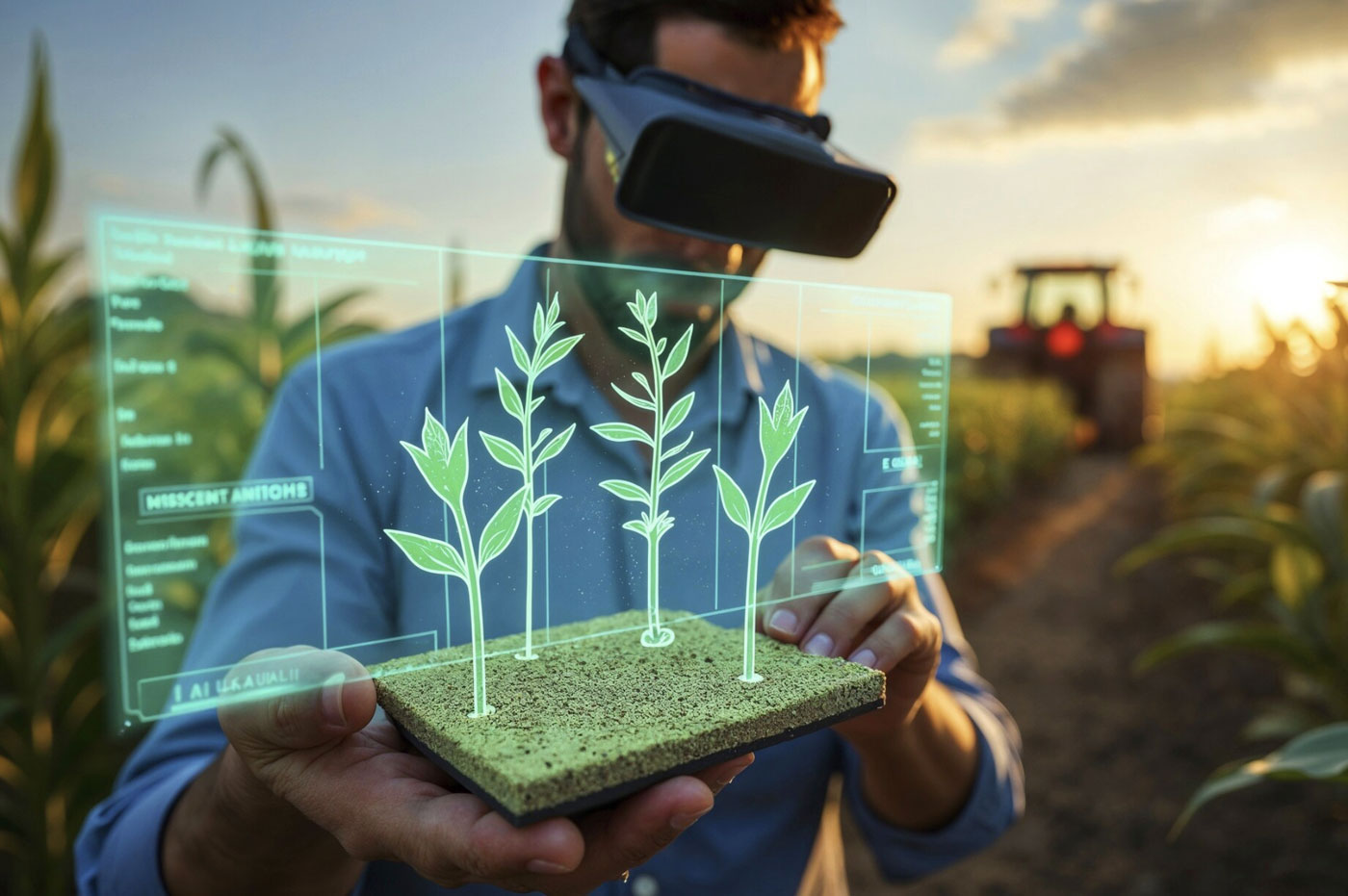Hydroponic farming is redefining the future of agriculture—combining sustainability, profitability, and innovation. Shaan Kundomal explains why this method is attracting ethical investors worldwide.
Published: September 2, 2024 at 09:00
Author: Shaan Kundomal

Summary (TL;DR)
Hydroponic farming, with its water efficiency, pesticide-free methods, and high yield, is emerging as a profitable and eco-conscious investment. Shaan Kundomal explores its potential as a key pillar of sustainable agriculture, highlighting how companies like Agrilys are turning theory into reality.
Main article
As the global population continues to grow, sustainable agriculture becomes increasingly critical. Traditional farming methods often struggle with environmental impact, resource scarcity, and climate unpredictability, highlighting the need for more innovative, sustainable solutions. Hydroponic farming addresses many of these challenges, offering promising returns and clear environmental benefits.
Hydroponics involves growing plants without soil, using nutrient-rich water solutions. This method significantly reduces water use—up to 90% compared to traditional agriculture—and eliminates the need for chemical pesticides. It also dramatically increases productivity per square meter and enables consistent, year-round cultivation, regardless of climate conditions.
At Agrilys Ltd in Mauritius, we’ve successfully demonstrated that hydroponics can be commercially viable and environmentally sustainable. Our pesticide-free produce includes lettuce, tomatoes, and various greens, catering to an increasing consumer preference for organic and healthy food. Hydroponic farming represents the ideal intersection of profitability and sustainability, offering substantial potential for investors committed to ethical and responsible growth.
Moreover, hydroponic agriculture aligns perfectly with global sustainability goals (SDGs), particularly around food security and responsible consumption. Investors seeking environmentally-conscious ventures will find hydroponic agriculture attractive, combining financial return with positive social and environmental impact. In a world increasingly mindful of sustainability, investing in hydroponics today positions stakeholders strategically for future growth.
Quote: “Hydroponics represents the perfect alignment of sustainability and profitability—making it the future of agriculture.” – Shaan Kundomal
Tags: Hydroponic Farming Sustainable Agriculture Ethical Investing Food Security Green Innovation Agrilys Mauritius
Frequently Asked Questions
Q: What is hydroponic farming?
A: A method of growing plants without soil, using nutrient-rich water to deliver essential minerals directly to the roots.
Q: How is it more sustainable than traditional farming?
A: It uses significantly less water, eliminates the need for pesticides, and produces more crops in less space with less environmental damage.
Q: Is hydroponic farming profitable?
A: Yes. With lower resource costs and higher yields, hydroponics offers strong ROI, especially in areas with limited arable land or climate challenges.
Q: What crops grow best in hydroponic systems?
A: Leafy greens like lettuce and spinach, herbs like basil and mint, and fruiting vegetables like tomatoes and peppers thrive in hydroponic environments.
Q: Why should investors consider hydroponics now?
A: Demand for clean, organic produce is growing, and hydroponics addresses global food security while providing scalable business models.
Key Takeaways
• Hydroponics reduces water use by up to 90% compared to traditional farming
• It eliminates the need for harmful pesticides, producing healthier crops
• Offers consistent, year-round crop yields regardless of weather
• Aligns with UN Sustainable Development Goals (SDGs) for food security
• Ideal for ethical investors seeking impact and return
• Agrilys Ltd proves commercial viability of hydroponics in Mauritius

